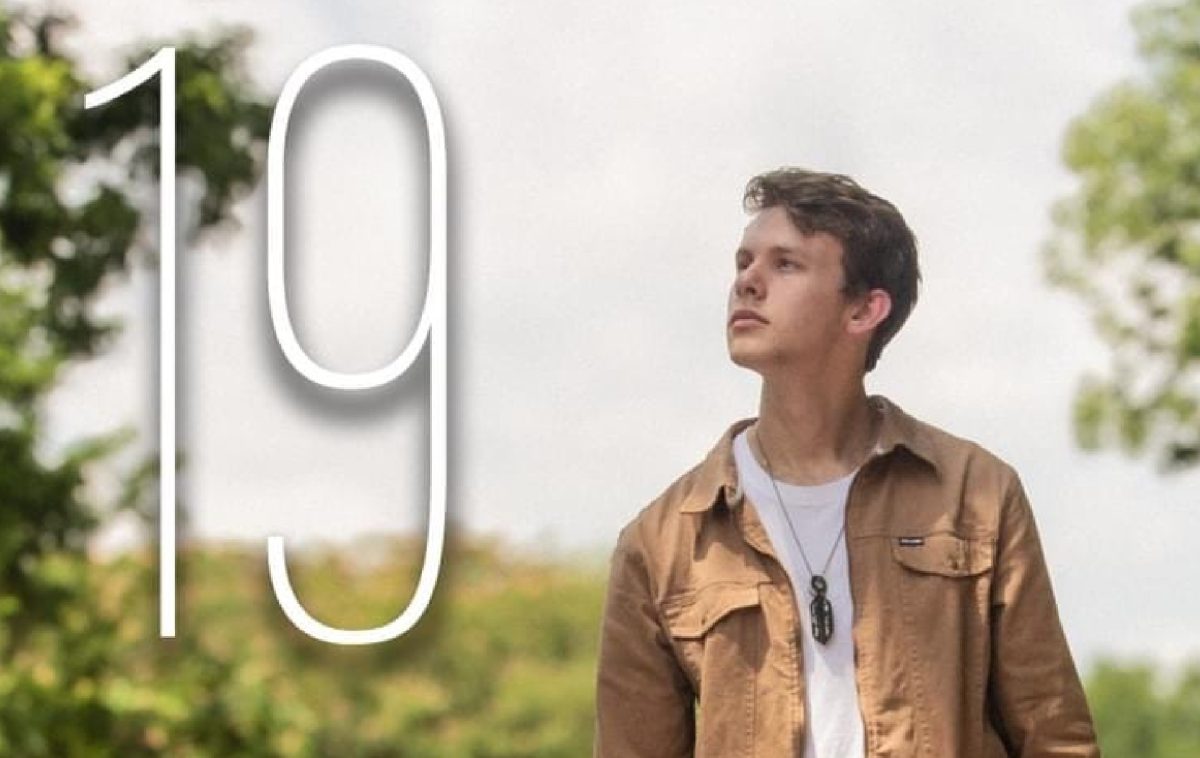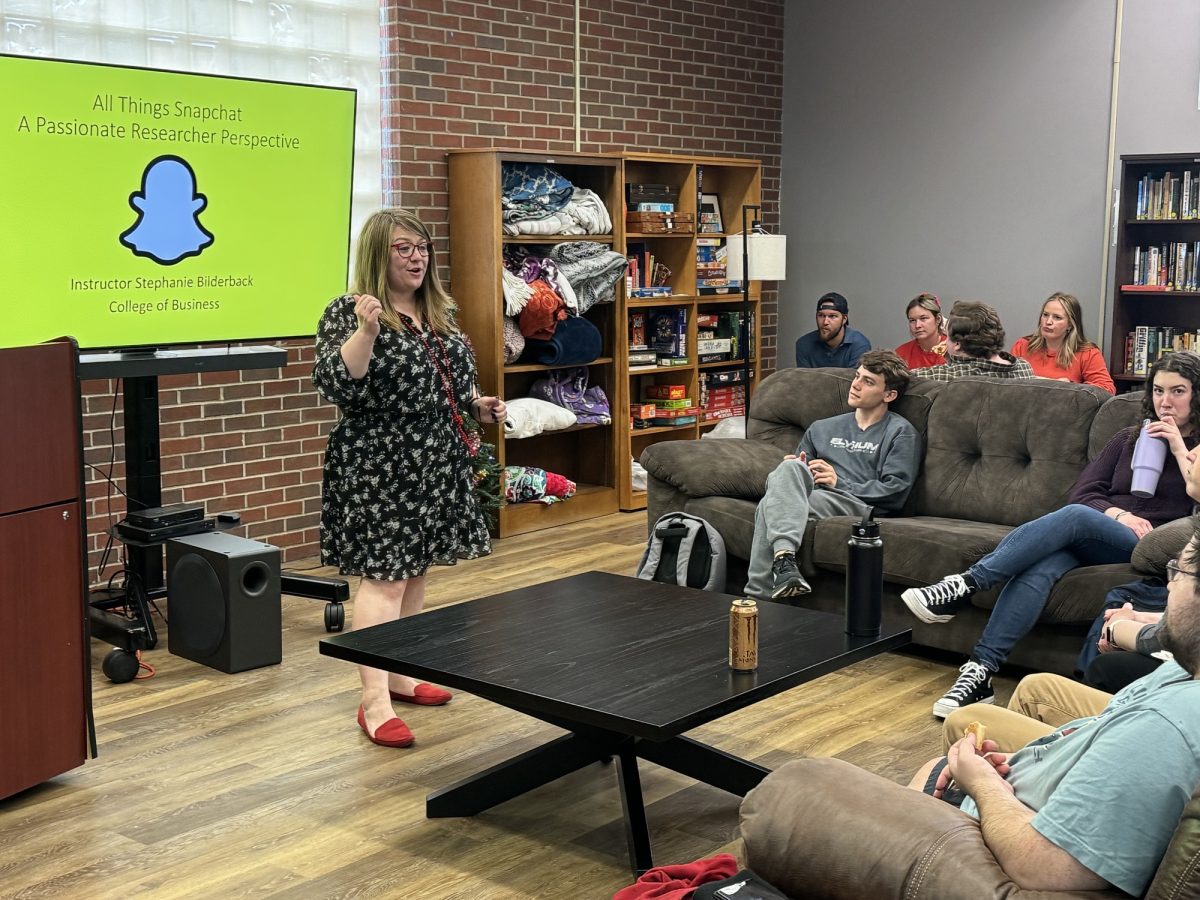Faculty, staff and students of APSU attended the performance of Orchid Ensemble and experienced a unique blend of world cultures in music on Friday, Feb. 27.
The Orchid Ensemble is a group that has been performing together for 18 years, blending various styles of music, both modern and traditional, to create a distinct and award-winning sound. Their release “Road to Kashgar” was nominated for a Juno Award in the Best World Music category.
“It takes a special generosity of spirit to support these unique events,” said Ann Silverberg, professor of music, music history and ethnomusicology.
Senior computer science major Anthony Shawyer said he enjoyed the show.
“I definitely wouldn’t mind hearing more from them,” Shawver said. “I like their style.”
The three performers, Lan Tung, Haiqong Deng and Jonathan Bernard, are all well traveled veterans of the performance arts.
Tung, the leader of the group, arranged some of the Orchid Ensemble’s music and performed using her voice and an erhu.
“[The erhu is] commonly known as the Chinese violin,” Tung said. “It has two strings and originally came from central Asia. The erhu came to China about 1,000 years ago.”
Bernard performed on several percussion instruments.
“The main instrument is the marimba, which is part of the family of keyboard percussion instruments,” Bernard said. “It has a lovely, warm, rich base.”
Deng used an instrument called a zheng, which is a plucked half-tube wood zither with movable bridges, over which a number of strings are stretched.
Between each performance, Deng had to tune the zheng, which allowed for the other two performers to tell the story behind each piece.
“It’s really interesting to see the worldly aspect,” said freshman music education major Rachel Baker. “I’ve studied world music and Chinese music before, and it’s really nice to experience it in person.”
The Orchid Ensemble had 10 songs in their repertoire that night, and each had a rich history. “Tune of Mulberry” was a song of longing, in which a woman wished for her husband’s return from the frontier, and it originated in the Chinese Tang Dynasty.
On the other hand, “Ya Ribon” is a contemporary tribute to the melding of cultures that took place when Persian Jews who traveled on the Silk Road settled in China during the 10th century.
When asked how the Orchid Ensemble got together, Bernard said, “Just naturally in the environment of Vancouver … We were hired by a Korean kayagum player to play … several times in ‘96 and ‘97.” A kayagum is similar to the zheng instrument.
The Orchid Ensemble spent five days on campus as Acuff Charis of Excellence, talking to and teaching students, ending their visit with the Friday performance.
“Yeah, we love it here; good people, good department, good feeling among the students,” Bernard said. “It’s too cold, though.”
As for a place to perform, Lan Tung enjoyed the location.
“[The George and Sharon Mabry Concert Hall] is a great hall,” Tung said. “Sound is very good in here. Whenever we can perform without microphones with natural acoustics, that is always the best.”
Four years ago, Orchid Ensemble had their first performance at APSU.
“I’d be happy to come back here anytime,” said Bernard.




















